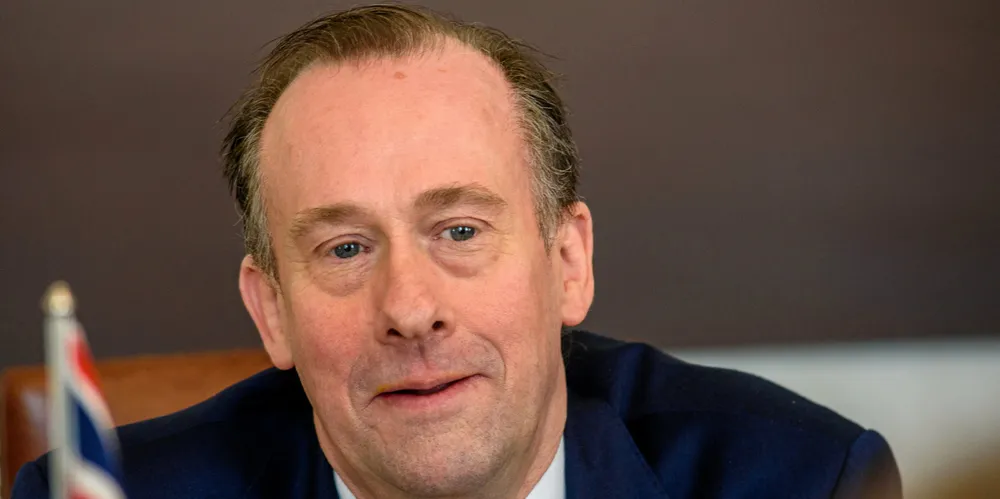'Time's moved on, there's now an energy crisis': minister on why UK made onshore wind U-turn
Lord Callanan says drastically more challenging supply situation and greater community acceptance behind relaxation of rules that sent development off cliff in England
